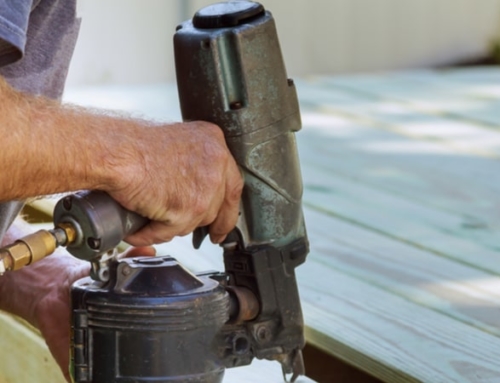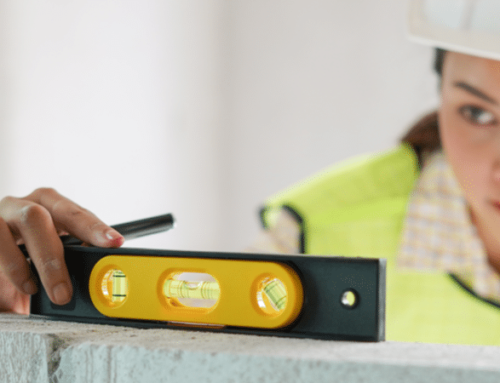Q: We just bought a home last month. Before we closed, we had an inspection done by a certified home inspector. After the settlement, we found evidence of live termites which damaged the main structural support of one half of the house.
These beams are exposed and if our inspector had actually poked at anything, he would have seen this. The inspector admitted he missed this, and now our estimates to repair the problem range from $50,000 to $60,000.
We would have never bought the home knowing there were live termites. Whom should we call to get this problem resolved?
A: You should contact an attorney who has experience litigating real estate cases with particular experience in seller disclosure issues and perhaps has handled some cases against home inspectors that have missed big ticket items in their inspections. However, it’s possible that you won’t have any legal options, especially since you hired an independent home inspector who admits he “missed” the problem.
To successfully sue the sellers, you have to prove that the sellers knew or perhaps should have known about the problem. Proving that can be tough, so it would help if you found out, for example, that the sellers had had the home treated regularly by a termite company and had talked with neighbors about the problem.
You might be able to go back and sue the professional home inspector. I hope you used one who is licensed (if your state licenses home inspectors, and not all of them do), bonded and insured. But often, the contract you sign with a home inspector limits his or her liability to the fee you paid, usually several hundred dollars. Whether this limitation on the inspector’s liability is valid or not would be up to a judge to decide.
That won’t make a dent in this situation, but might provide you with some satisfaction.
But I do have a question for you: Did you follow around your home inspector during his inspection of this property? If you had, you would have known exactly what he had looked at and whether he had thoroughly scrutinized your property or not.
All buyers should follow around the home inspectors they hire to learn about the mechanical systems and structural integrity of the property. Carry a pad and take good notes. This is your best opportunity to really learn how your house works.
Finally, in many parts of the country, a termite inspection is separate from a home inspector. The inspectors have different specialties: You hire a home inspector to go through the home and discover problems with the house but you would hire a termite inspector to really take a look at one specific issue.
While your problem seems to have been visible (if you knew what to look for), apparently your home inspector couldn’t see it — or didn’t look for it. But it’s also possible that a termite inspector might have known what to look for and discovered your problem before you closed.
That’s why it’s smart to have a general home inspection, but also have a specialist look at issues that are problematic in your part of the country, or with your type of home. For example, if you were buying a home made out of synthetic stucco, I’d suggest you not only have a general home inspection but hire a home inspector who specializes in synthetic stucco to give you a read on any possible moisture intrusion.






A termite inspector must probe all accessible wood members as per guidelines set by the Structural Pest Control Board. If the inspector said there wasn’t any damage then he and the company he represents have to make that accurate, meaning they are on the hook for any and all repairs caused by any wood destroying pest or organism. The only way they get out of this is if the areas were not deemed accessible at the time of inspection, in that case there would have been notation on the report.
What you guys fail to understand is that the inspector yes he does check but he can only call what he sees at the time of the inspection. If he notes that he didn’t see anything and it’s in writing he’s not liable unless it’s not noted on his report. Reason being termites are insects and they are capable of doing damage undetected for a very long time. So for this reason it’s highly recommended that the buyer gets at least a few inspections done before any purchase.